|
As the summer settles in, our teaching schedule lightens up. Ida and I don't travel as much or teach as many workshops during the warm months of the year. Inevitably this time away from teaching leads me to explore new areas of study and curiosity.
During the fall, winter and spring our schedule can be overwhelming and it is difficult to embrace new ideas. I may have an interesting conversation, learn about a new book or get a mind-boggling question that sparks my spirit of inquiry. But due to the requirements of travel and teaching those inquiries get put on hold until a later date. The procrastination and patience are important as we focus on the tasks at hand, but they can be frustrating too. Now, with the summer, the time has arrived to explore. The questions arise in me again and again: How can I be a good yogi and also a good person? Where is the balance between learning, knowing and teaching? How can I take responsibility for myself, my communities and environment while still staying humble? These are the questions that agitate me on a daily basis. I welcome any of your thoughts or insights.
0 Comments
I recently added fasting to my yoga practice. For one day each week I don't eat. It's not for losing weight, to look different or even for health purposes of any sort. I am fasting to clarify my relationship between my body and mind and to understand how what I eat affects both.
In yogic teachings, the practice of fasting can be associated with pranayama (energy control) and pratyahara (sensory control). Pranayama is most often connected with breathing since it is such an elemental part of our existence. (I wouldn't live long if I stopped breathing.) Eating too is a deeply-rooted part of my physical existence, so its pull on my consciousness is strong. As pranayama practice develops, it naturally evolves from the breath toward eating and other "essential" life-functions. Fasting is also part of pratyahara, the practice of looking at my sensory input and how it affects the way I perceive the world (and myself). My sense of taste is obviously related to food, and our culture has increasingly turned toward foods that stimulate my taste receptors, so much that I often consume food for the way it stimulates my mouth (and brain). When I control my food intake, I quickly come face to face with the powerful connections between my senses (in this case, taste) and my reality. Controlling the energy and senses is hard, so fasting is hard. Quite literally it challenges my constructed perceptions of who I am. This is why dieting and food control is often a lost cause. The yogis consider fasting a relatively advanced form of control, so it makes sense when so many people struggle with it. Over the past two months, we have uprooted our lives, moving out of a house that's been in my family for decades and into a small apartment that will enable us to be more mobile. Throughout the process I have been reminded of 3 disparate teachings from 3 different sources that all point to the same idea: that a yogi becomes invisible.
We often talk about "drawing toward" and "pushing away," so much that it was even the topic of a blog last year. When we are compelled to draw things toward us, whether they are objects, money or the attention of others, we fortify the constructs of our personality and take ourselves further from liberation (the essential, non-constructed version of the self). These things make us bigger, sometimes literally and sometimes theoretically. As we remove these constructs, the yogi becomes "smaller" until she approaches invisibility. Looking back into history, the yogasutras state that suffering comes from pairs of opposites (2:48), including hot and cold, good and bad, etc. When we adhere to the pairs of opposites, swinging from happy to sad and back again, we are like a tight-rope walker who is wobbling violently from side to side. As we reduce our movement from side to side, we approach stillness in the middle, which from the outside can seem like nothing is happening. But the stillness reveals deeper movement that was imperceptible when the action was bigger. The more centered the yogi becomes, the more still she is. She approaches invisibility through her lack of drastic shifts. Most literally, this was said to us by Tony Sanchez, one of our teachers. During our time with him, he told us that "a yogi becomes transparent, almost invisible." This is contrary to our culture, in which we become more visible and famous as success increases. The yogi, on the other hand, does not pursue worldly gain or the admiration of others. Quite the opposite. As the yogi progresses, she has less and is attached to less. So I ask you: Do you draw things toward yourself? Do you embrace the pairs of opposites? Do you pursue the admiration of others? Do you make yourself still? Are you invisible? We are moving, ridding ourselves of many possessions that we've accumulated over the years, including the house we've lived in for a decade.
It is surreal to gather all of our belongings into one room, one duffel bag, one truck. To look into the back of a moving truck and see all of our worldly possessions...there are our books, packed away in boxes; there is our bed, wrapped in plastic; there are the lamps that sit by the bed, awkwardly resting on top so they don't break. It is a powerful reminder of how separate we are from the things we own, even though we often think of those things as inherent to our identity. The yogis would say, quite simply, "possessions are not the self." It seems obvious when you say it like that. Of course my possessions are not who I am. But when my possessions are separated from their usual place in my life, I feel their pull acutely. Especially the house itself. The house has given me a place to sleep, study, think, write, read, relax and play with our dogs. It has gradually become inextricable from the way I live and even the person I am. It may be inevitable, but as a yogi I see the danger there. And as we pack up our belongings and wave goodbye to the house, I feel the uncertainty within me: "who am I now?" Of course, on the deepest levels I am no different than I was a day ago or a month ago or, depending on your beliefs, since the beginning of time. But my worldly, human life is undergoing a huge change. It is a challenge for me as a yogi, to navigate this with at least part of my mind on my unchanging, deepest, truest self even as my entire outer world transforms. As a yoga teacher I often hear students say that they fall asleep in Shavasana. This is a pretty common thing. We hear the snoring of one or more students quite clearly as they break the silence of relaxation at the end of a practice.
As a practitioner, this isn’t something that I often struggle with. I am usually able to relax quite deeply without actually falling asleep. Recently, however, I’ve personally experienced this very phenomenon. A few months ago, Scott and I took an intense course. We began at 4:30am everyday (even on our day off!) and ended around 10pm. The day was pretty much spoken for, although I would sometimes catch a 10 minute nap when I had the chance. After keeping up this schedule for a few weeks, I was exhausted. At around the same time in the course we started adding in Yoga Nidra, or long and deep relaxation. I inevitably would fall asleep. Of course I would try not to, but my system was tired and that was all there was to it. More recently, my life has been extremely busy with commitments. I definitely notice this throughout the days as my body is achy and my mind is slow. But where I notice it the most is in pranayama practice. Pranayama is most often thought of as a breath control practice, but it is even subtler. In English, we don’t have a great translation for “prana” so it becomes easiest to think of this in terms of breath, but it is the practice of working with your life-force energy. Yesterday afternoon, I sat down to do pranayama. I made it through most of my usual routine which consists of three rounds of Kapalbhati and ten or more rounds of Alternate Nostril with long retentions, followed by either Even Count or meditation. Typically when I practice, I begin to become very aware of energy in-between my eyebrows as I sit upright and breathe. Yesterday however, I became aware of energy, yes, but that energy was very tired. After finishing the practice, instead of continuing on with my day, I laid down and slept for 45 minutes. The moral of the story is if you are tired it means you need to sleep! If you fall asleep in Shavasana, good! If you do pranayama and want to sleep, go for it. Ideally, we will lead a balanced life and we will get the rest we need. But in times when that’s not the case, we should take rest when we can. How do I make my life simpler? And how do I become and stay humble? These are two questions that keep popping up in my own life, so I struggle with them on a daily basis.
Simplicity is the easier of the two questions, I think. I just have to remove the extraneous bits at the periphery of life: the 2nd and 3rd hobbies; the storage closet, basement or unit; all the outfits; the toys (like an iPad) that I thought would be useful but turn out to be worthless. This is a lot easier when I feel strongly about my purpose in life. I can keep the things that make it possible for me to do my work, and remove the things that are unrelated. My life becomes a little more streamlined, and I am empowered to do the work that is important to me. Humility is tougher because it is internal, and it changes with every bit of knowledge that I gain and every interaction I have. It even changes depending on how my day goes and how I'm feeling. Some days I feel invincible and humility goes out the window. Some days I feel worthless and humility comes all too easily. In some ways, humility gets harder as we learn more. Our knowledge grows, our abilities grow, and it is easy for the ego to grow too. "I am so smart, I am so talented." In other ways, learning, teaching and practicing make humility easier. For each bit of knowledge that I grasp, 3 more bits are revealed that escape my understanding. So the more I learn, the more I realize that my knowledge is a tiny, tiny bit of existing knowledge. Spiritually, the more I practice, the more I realize the true nature of my power, which is to say, it is very small. Inner practice reveals myriad forces in the universe which are far grander than me. This makes humility easy as practice progresses. ALWAYS SEEKING I am always on the lookout within myself for the demise of simplicity or humility. These are the first signposts on the road to corruption and ego-driven existence. They are moving targets, since circumstances are always changing. They need to be constantly monitored. As we practice yoga, we strengthen our energy. As we feel better, we have a greater desire to be active. We may take on more tasks, teach extra classes, volunteer or be of service. All of these are and can be positive contributions to the world, but there is danger in beginning to draw these actions toward the self. We may start to have thoughts like, "Look at all this energy I have! Look how much I can accomplish!"
While this may be true on the outside, it's more complicated on the inside. As we feel stronger and more energized, it becomes increasingly important for us to find devotion as a response to the feelings of "look what I can do!" Devotion means that we offer both the energy we feel that makes action possible, and the actions themselves, to a higher good or a higher power. We can cultivate this through prayer or mantra, and practice it through being of service even in our daily activities and interactions. When we practice yoga and feel more energized, we should understand that this energy is just a result of becoming aware of it. It is not that we created it. Then when we take this energy and put it into action, we can understand that we are in service to the world, as opposed to doing good for the sake of building ourselves up. We all have a dilemma each time we open our mouths to speak. Do I say what I know or do I ask about what I don't?
We may say what we know to express our opinion in a conversation, to convince, to teach or simply to reinforce our own reality by saying it out loud. As yogis, we should be careful of this. Every time words come out of our mouths, their reality is solidified in our minds, and we become more rutted in our version of things. When we ask what we don't know, two important things happen in our minds. We acknowledge that we don't know everything, a humility that is absolutely essential for growth and human connection. And we open ourselves up to new information and knowledge. How will we get smarter and better, how will we make progress if we think we are at the pinnacle of knowledge and understanding? This is why I love to be wrong and to admit that my knowledge is incomplete. Only during these moments can I learn new things and make progress in understanding. This benefits me by making me smarter and more complete, and more so by maintaining humility and flexibility in the "reality" that is my mind. |
AUTHORSScott & Ida are Yoga Acharyas (Masters of Yoga). They are scholars as well as practitioners of yogic postures, breath control and meditation. They are the head teachers of Ghosh Yoga.
POPULAR- The 113 Postures of Ghosh Yoga
- Make the Hamstrings Strong, Not Long - Understanding Chair Posture - Lock the Knee History - It Doesn't Matter If Your Head Is On Your Knee - Bow Pose (Dhanurasana) - 5 Reasons To Backbend - Origins of Standing Bow - The Traditional Yoga In Bikram's Class - What About the Women?! - Through Bishnu's Eyes - Why Teaching Is Not a Personal Practice Categories
All
Archives
April 2024
|

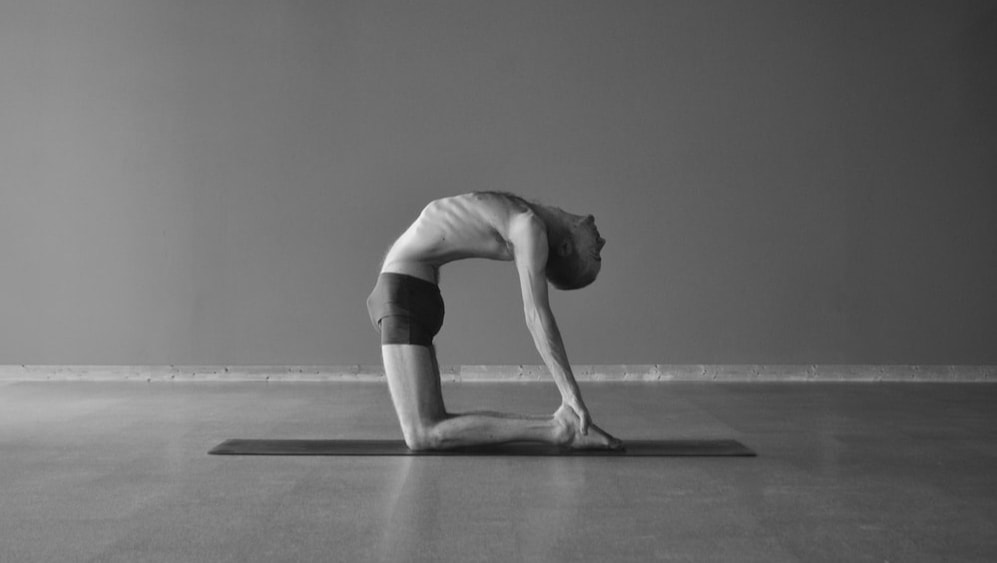
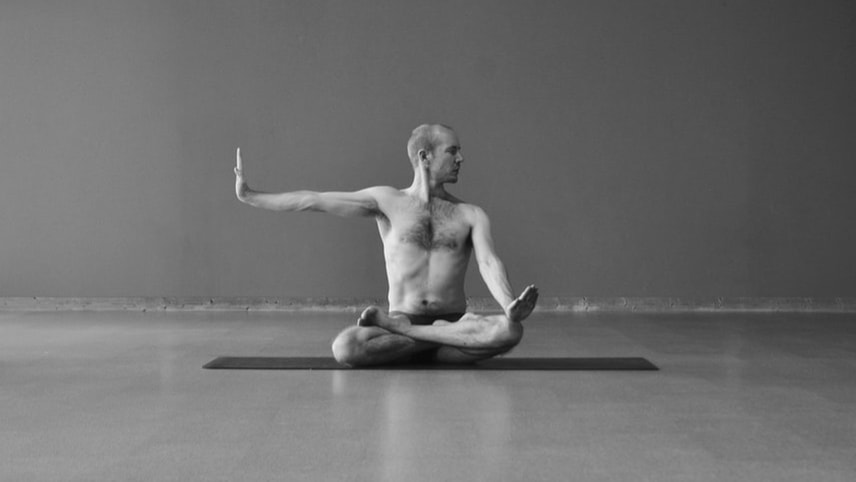
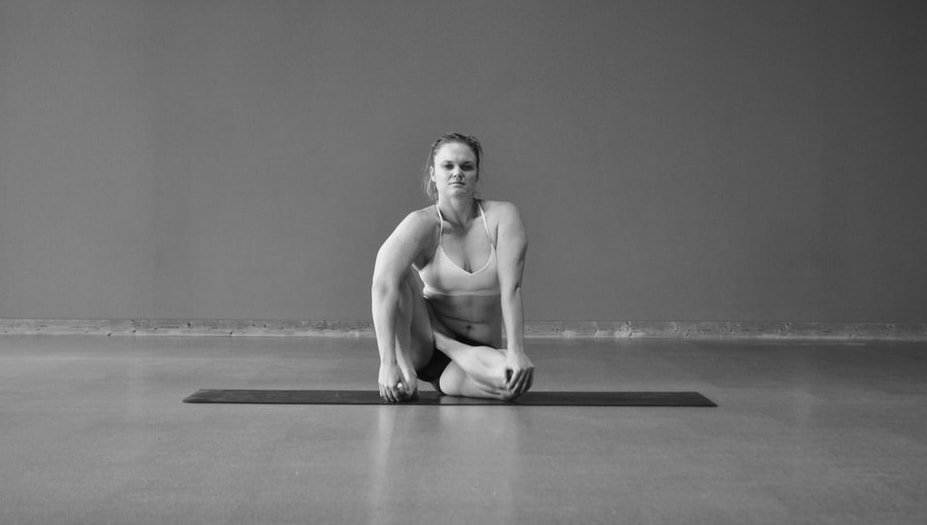
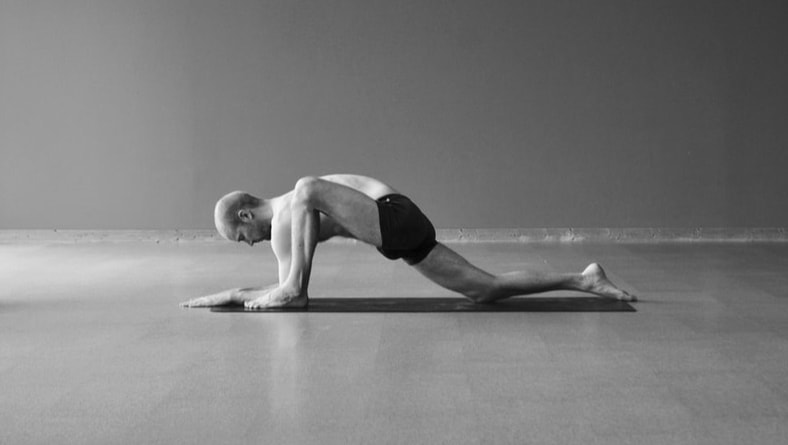
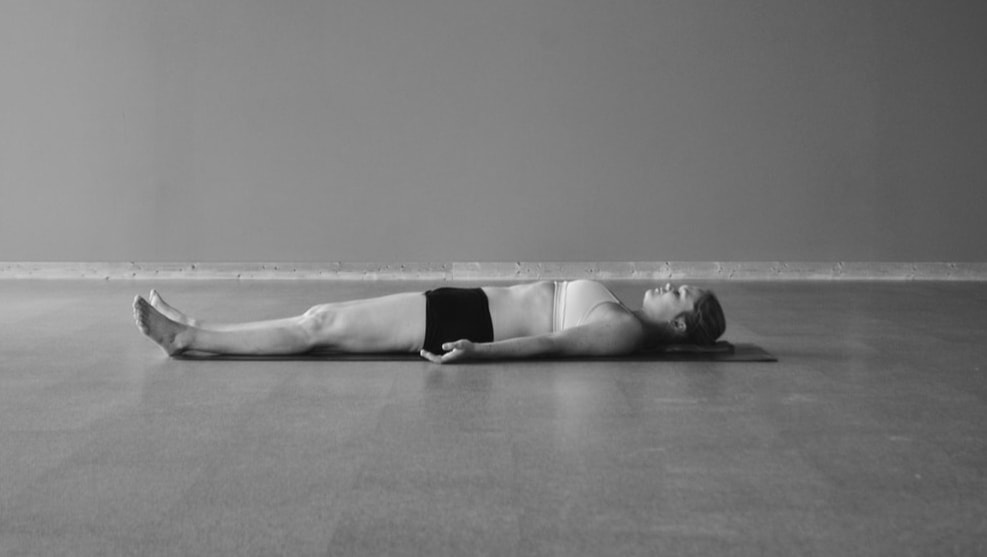
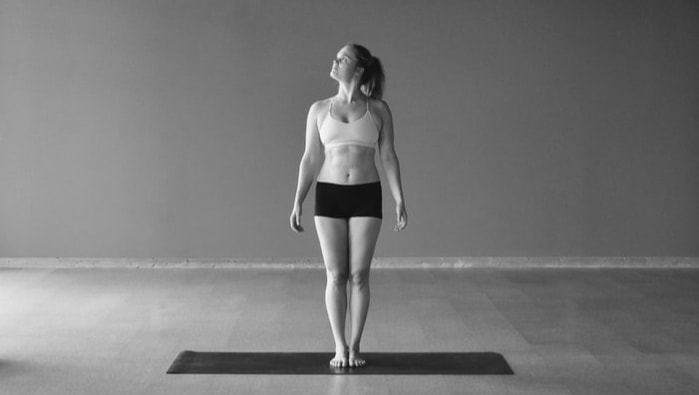
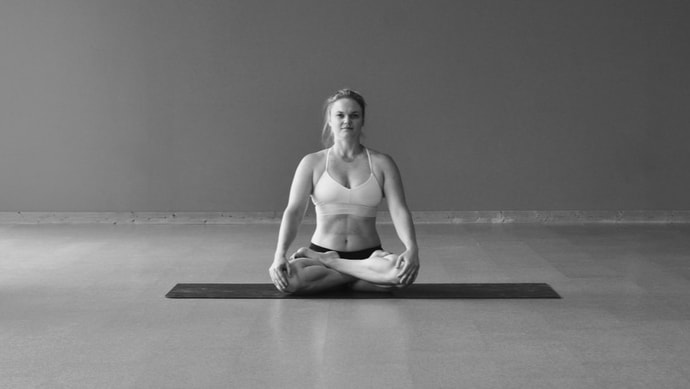
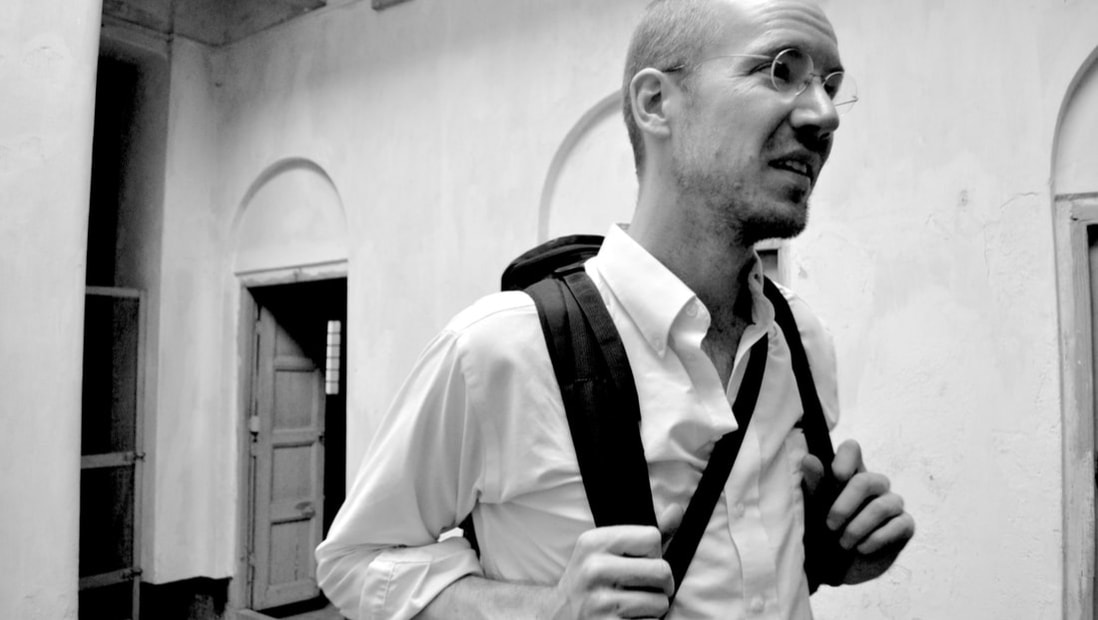
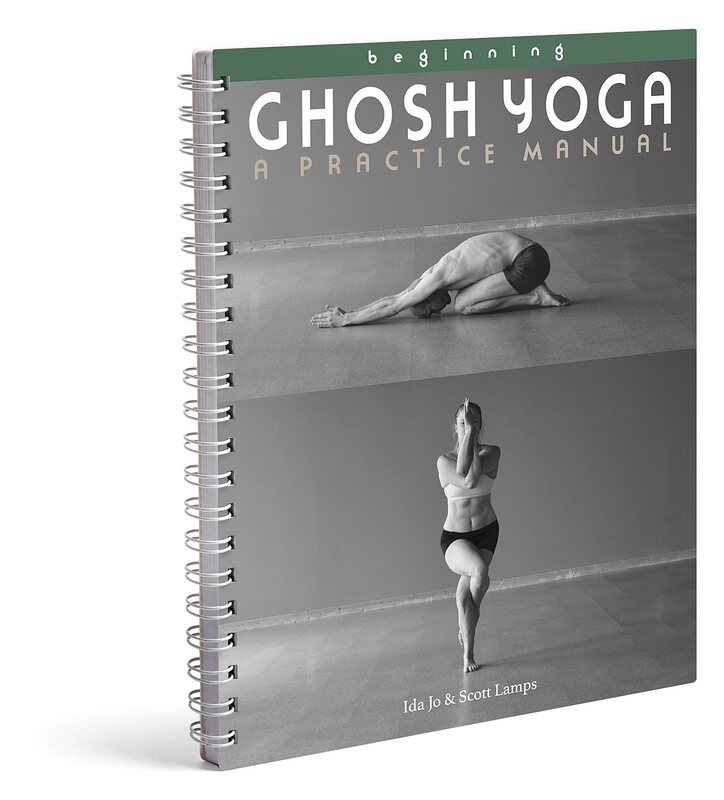
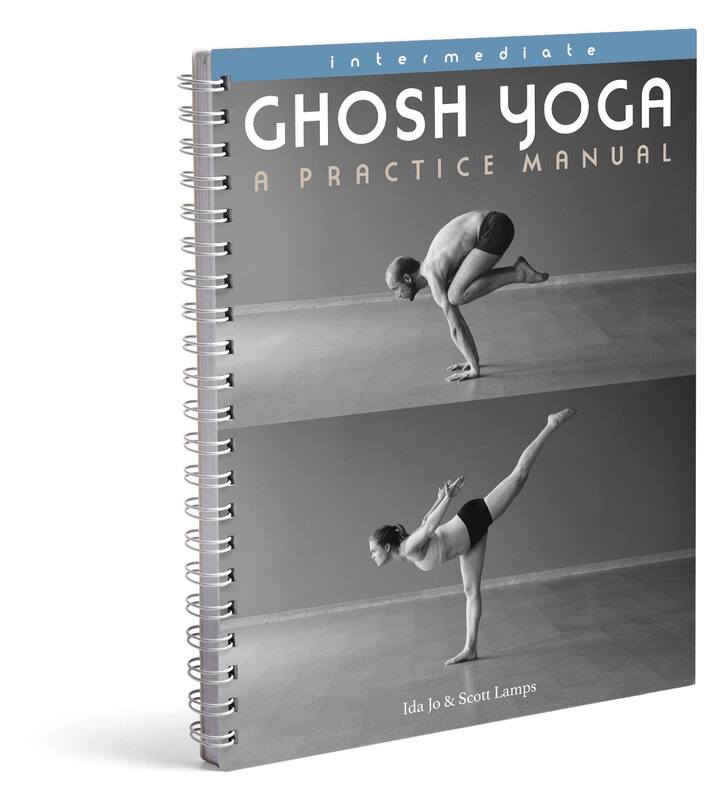
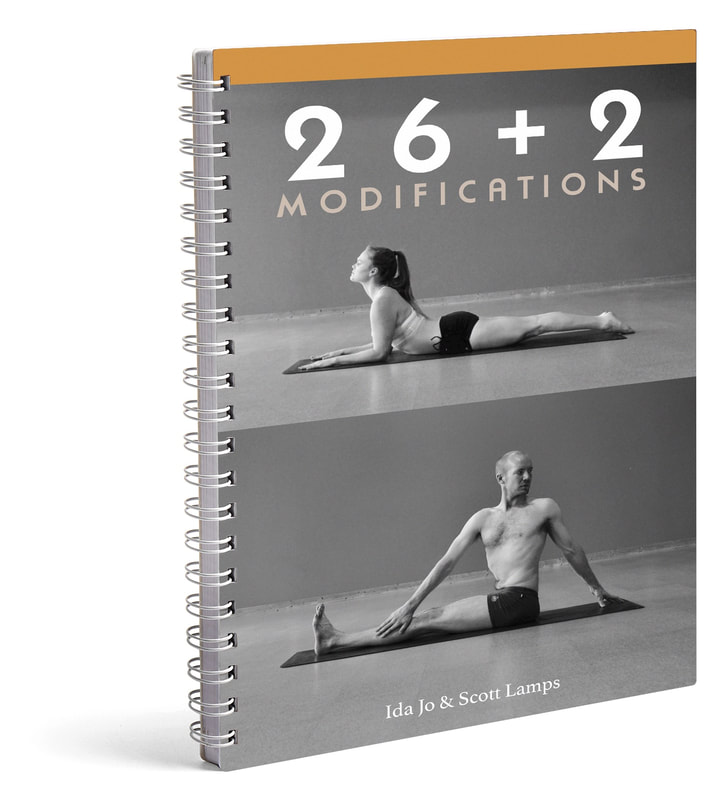
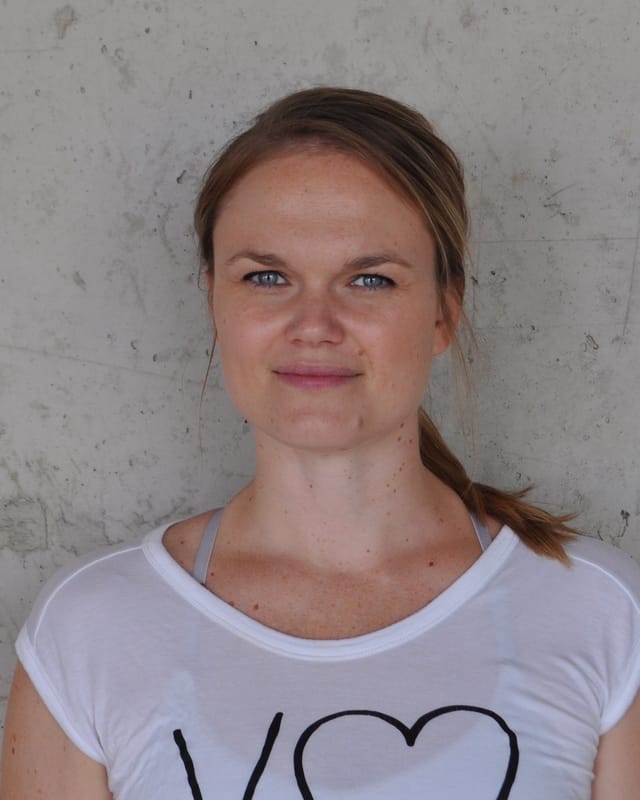
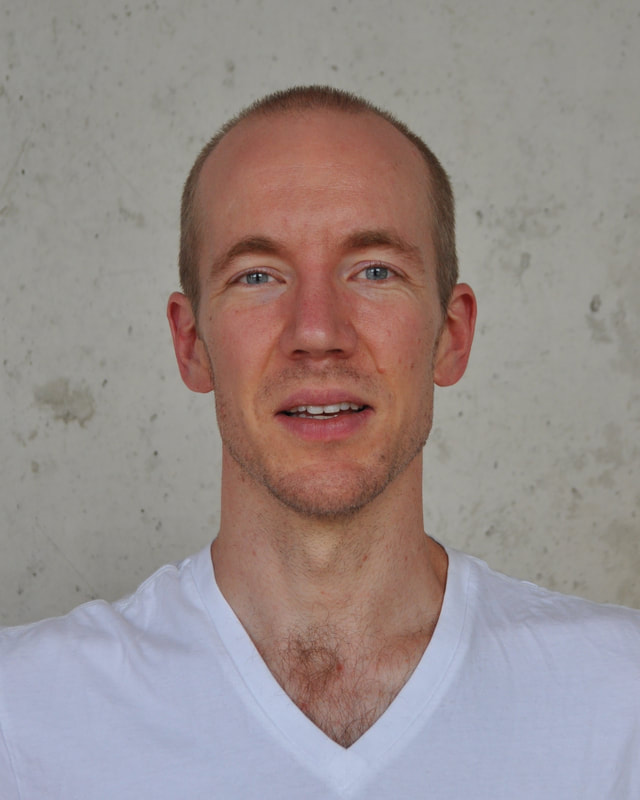
 RSS Feed
RSS Feed